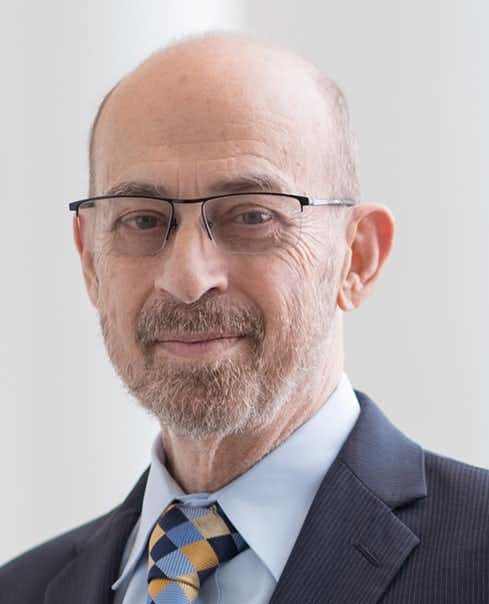
How Does COVID-19 Affect Your Heart?
What comes to mind when you think of COVID-19, the disease caused by the SARS-CoV-2 virus? Chances are, you think of the lungs. There’s been a tremendous amount of attention to the breathing difficulties the disease can cause. Hospitals in northern Italy and New York City have been overwhelmed because they didn’t have enough ventilators. But this disease is by no means limited to the lungs. It affects almost every part of the body, including the cardiovascular system. How might COVID-19 affect your heart?
How Does COVID-19 Affect Your Heart Health?
Our guest, Dr. Steve Nissen, is a leading cardiologist at the Cleveland Clinic. How has the pandemic affected cardiac care at the clinic? Doctors are concerned because some people have stayed at home despite symptoms that might signal a heart attack or stroke. Learn what you should do if you are experiencing problems.
Drugs to Treat COVID-19:
No drugs have been shown to cure COVID-19, but a few have earned an emergency use authorization from the FDA. Some of these have become quite controversial because of the paucity of conventional randomized controlled trials to test their efficacy. What is the story on hydroxychloroquine and azithromycin? Some cardiologists worry about this combination because the medications have the potential to exacerbate a long QT interval. What is that, and why might it be a problem?
The ACE2 receptor is one of the gateways the SARS-CoV-2 virus uses to get into human cells. What does that mean for blood pressure medicines like ACE inhibitors or ARBs?
Another drug that is being used to treat COVID-19 is remdesivir. The controlled trial was stopped early when an interim analysis showed that people taking the drug were able to leave the hospital earlier. Dr. Nissen has been critical of that decision by the NIH, and he explains his stance.
Science During a Pandemic:
Do the criteria for clinical trials change during a pandemic? Clinical investigators have found that much of their research has had to be put on hold or stopped completely during this time. Providing for safe physical distance for participants has been too challenging in many cases. But trials related to prevention and treatment of COVID-19 have high priority. How can one conduct careful research at a time like this?
Stents and Heart Health:
Until fairly recently, people looked upon stents as a sort of magic bullet for the heart. When a coronary artery becomes blocked, the heart may go without blood to nourish it. A stent inserted into that artery can prop it open where the blockage was. The idea that this will “fix the problem” is alluring, but research does not support it. Instead, it appears that stents are life-saving for someone who is having a heart attack. They make no difference for a person with predictable chest pain (what the cardiologists call “stable angina”).
Taking Care of Your Heart:
Could the stress of being isolated during COVID-19 affect your heart? What should people do to take care of their hearts, regardless of the circumstances?
Probably all of us should follow Dr. Nissen’s good example. He walks every day, usually getting in 16,000 to 17,000 steps. He follows a sensible Mediterranean diet, with an emphasis on fish and vegetables instead of meat and potatoes. What are you doing for your heart?
This Week’s Guest:
Steven Nissen, MD, is Chief Academic Officer of the Sydell and Arnold Miller Family Heart, Vascular & Thoracic Institute at the Cleveland Clinic, where he holds the Lewis and Patricia Dickey Chair in Cardiovascular Medicine. He is the co-author, with Mark Gillinov, MD, of Heart 411: The Only Guide to Heart Health You’ll Ever Need.
You can find him online at https://my.clevelandclinic.org/staff/1185-steven-nissen
Listen to the Podcast:
The podcast of this program will be available Monday, May 25, 2020, after broadcast on May 23. The show can be streamed online from this site and podcasts can be downloaded for free. CDs may be purchased at any time after broadcast for $9.99.

